Search Results
Showing results 61 to 80 of 102
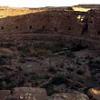
Seasons and Shadows: Investigate How Shadows Shift Throughout the Year
Source Institutions
In this activity you'll see how the sun's tilt on its axis changes the length of shadows. For example, why is your shadow longer in winter than in summer?
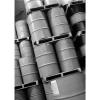
Computation and Estimation: Roll Out The Barrel
Source Institutions
In this math lesson, learners apply mathematical modeling to solve a real-world storage problem, in which a manufacturing company is given two options for storing oil barrels.
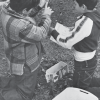
Litter Critters
Source Institutions
In this outdoor activity, learners use a "litter-critter" wheel to help them identify different animals they find living in a natural litter habitat.
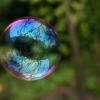
Capturing Carbon Dioxide
Source Institutions
In this activity, learners investigate carbon sequestration by creating a carbonated beverage out of apple juice and dry ice.
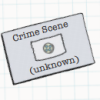
Super Sleuths
Source Institutions
In this physical sciences activity, learners use science to solve a "crime." Learners collect trace evidence (glitter) and explore its characteristics, such as color, size, shape, and light reflection
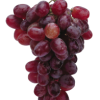
Explore Like a Scientist: Fruity Observations
Source Institutions
In this activity, learners use their senses to collect information about a fruit and record their findings in a Science Journal.
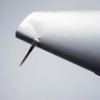
Cactus Needle Phonograph
Source Institutions
Build a phonograph record player using a cactus needle, a record, LEGOs gear box, and a piece of paper! This activity uses a Pico Cricket to turn the motor.
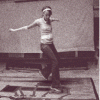
Dance Pad Mania
Source Institutions
Make your own "Dance Dance Revolution" dance pad! In this design challenge activity, learners work in teams to build a dance pad that lets you use your feet to sound a buzzer or flash a light.
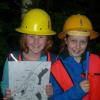
Tree Growth Investigation
Source Institutions
This activity (located on page 3 of the PDF under GPS: Temperate Rain Forest Activity) is a full inquiry investigation into tree growth rates.
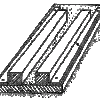
Clay Beams and Columns
Source Institutions
In this activity, learners make or use pre-made clay beams to scale and proportion. Specifically, they discover that when you scale up proportionally (i.e.
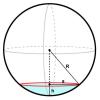
Mass, Area, Volume
Source Institutions
In this activity (page 18 of PDF), learners will measure the volume of impact craters created by projectiles of different masses.
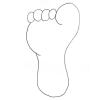
Measuring UP!
Source Institutions
In this math lesson, learners use inchworm measuring tools to measure the lengths of several objects in the room.
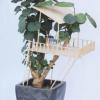
Mini Tree House Build
Source Institutions
In this activity, learners are challenged to design and build a miniature tree house in a potted plant. This activity uses engineering concepts to encourage creativity.

Who Dirtied The Water?
Source Institutions
In this activity, learners receive a labeled plastic film canister containing a material representing a pollutant (i.e. pencil shavings = a beaver's wood chips).
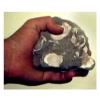
Match Rock
Source Institutions
In this activity, learners try to figure out who has their matching rock type by reading a description of their rock (no talking!).
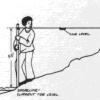
Beach Zonation
Source Institutions
In this outdoor, ocean-side activity, learners investigate the distribution of organisms in the upper region of the intertidal zone.
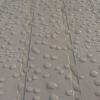
The China Hammer Mystery
Source Institutions
In this activity, learners are asked to examine the differences between two materials in a pair.
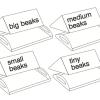
Clippy Island: An Investigation into Natural Selection
Source Institutions
In this activity, leaners will observe the process of natural selection on a population of birds called 'Springbeaks' over four seasons of breeding on an isolated environment called 'Clippy Island.' L
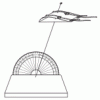
Airfoils
Source Institutions
In this experiment, learners discover how an airfoil creates lift. Learners use simple materials to build an airfoil and test it at different angles to investigate Bernoulli's principle.
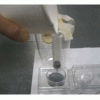
Column Chromatography
Source Institutions
In this activity, learners separate the components of Gatorade using a home-made affinity column.
